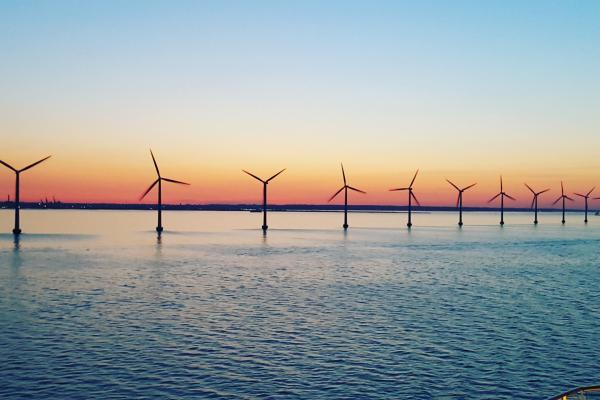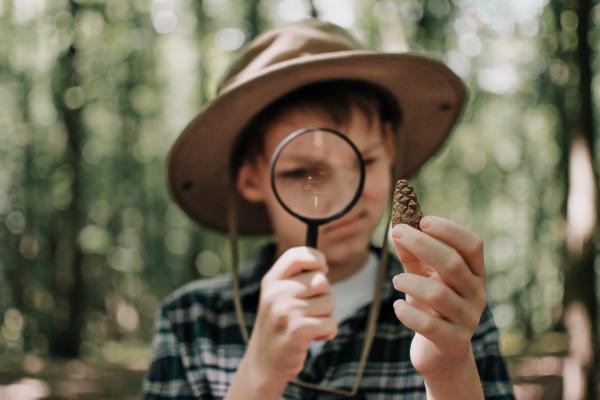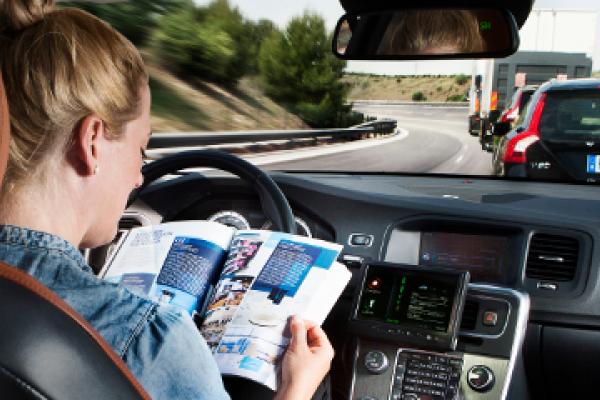As the European Space Agency’s ExoMars mission begins its six-month journey to the planet, we talk to its director-general Professor Jan Woerner about drilling into the Martian surface and pose the…
What are the latest techniques being developed to stop counterfeit drugs at the border? Why do countries still prefer bi- and multilateral agreements over global deals, and how does trade play into…
Detecting diseases, removing CO2 from chemicals and uncovering the composition of the earth’s core: diamonds have many more uses than just decorating our hands. This January, Horizon talks to the…
This December, Horizon talks to scientists who are drawing lines between free will and genetic disposition, differentiating between feeling and thinking, unlocking how our brains process placebo…
As world leaders prepare to meet in Paris to try to agree ambitious emissions reduction goals, Horizon looks at EU research that is helping us understand how climate change will affect our lives, and…
Can blind people see with their ears? Could ultrasonic vibrations lead to a button-free future? Why do some people’s senses get mixed up?
Removing carbon dioxide from natural gas to reduce emissions, creating biosensors to detect molecules and enhancing night vision goggles – the potential applications of graphene seem endless.
From Terminator to Blade Runner, artificial intelligence (AI) inspires fear and awe in equal measure, but how does the reality match up to the fiction, and what’s going to happen next?
Open access, open data, open source – science is changing and the possibilities could be endless.
Could self-driving cars ever really replace human drivers? How will they interact with other traffic? Who would be liable in the event of an accident?














